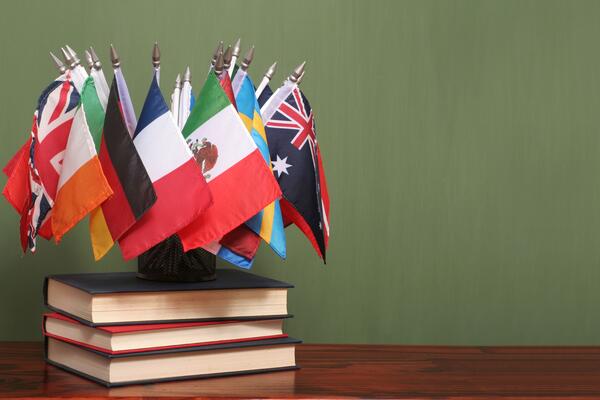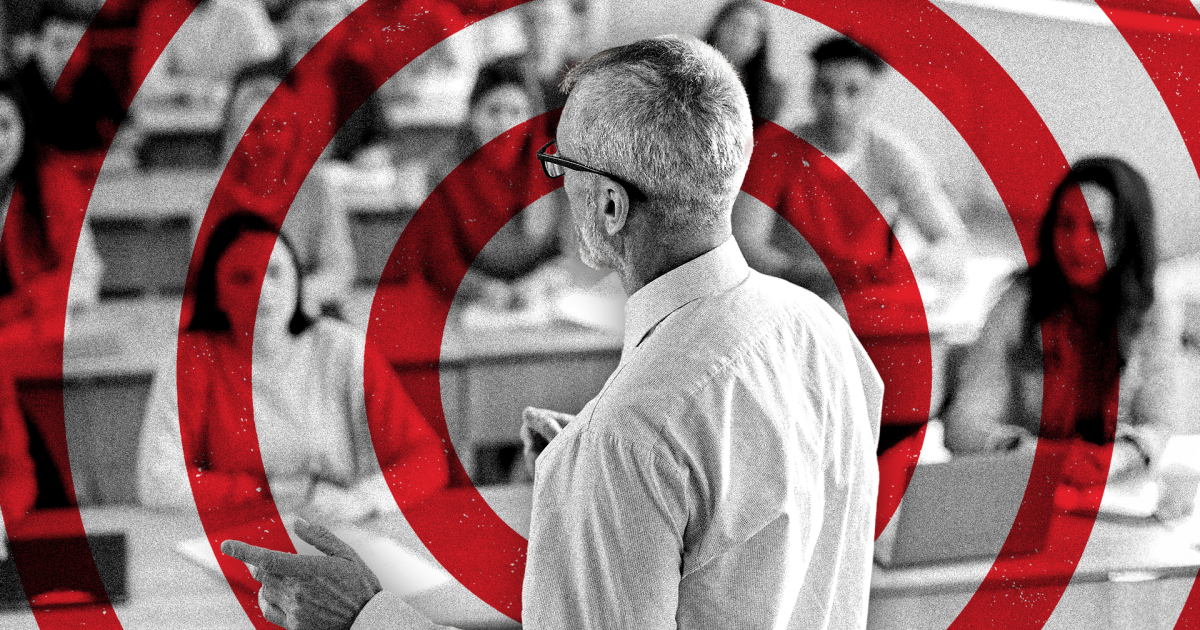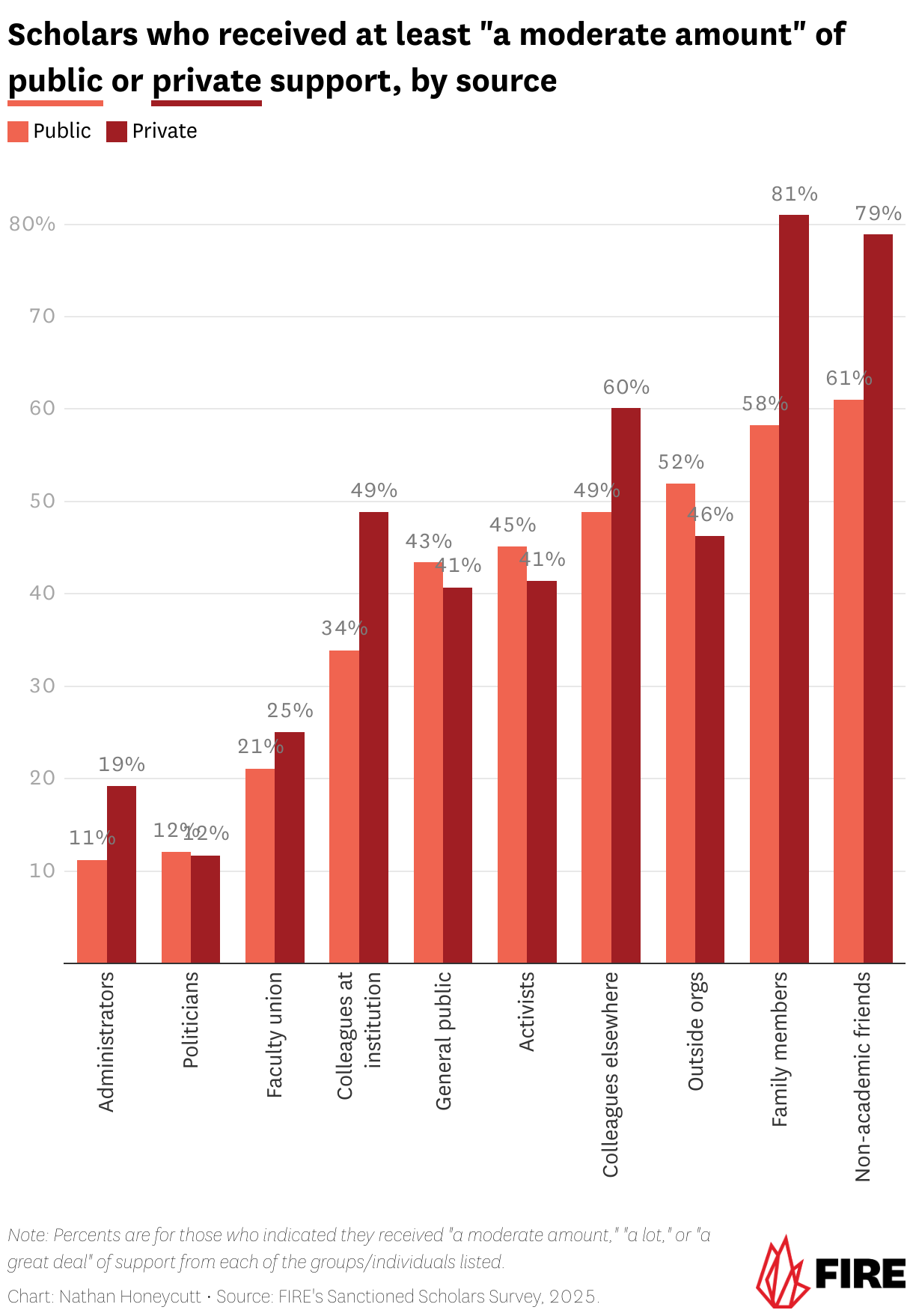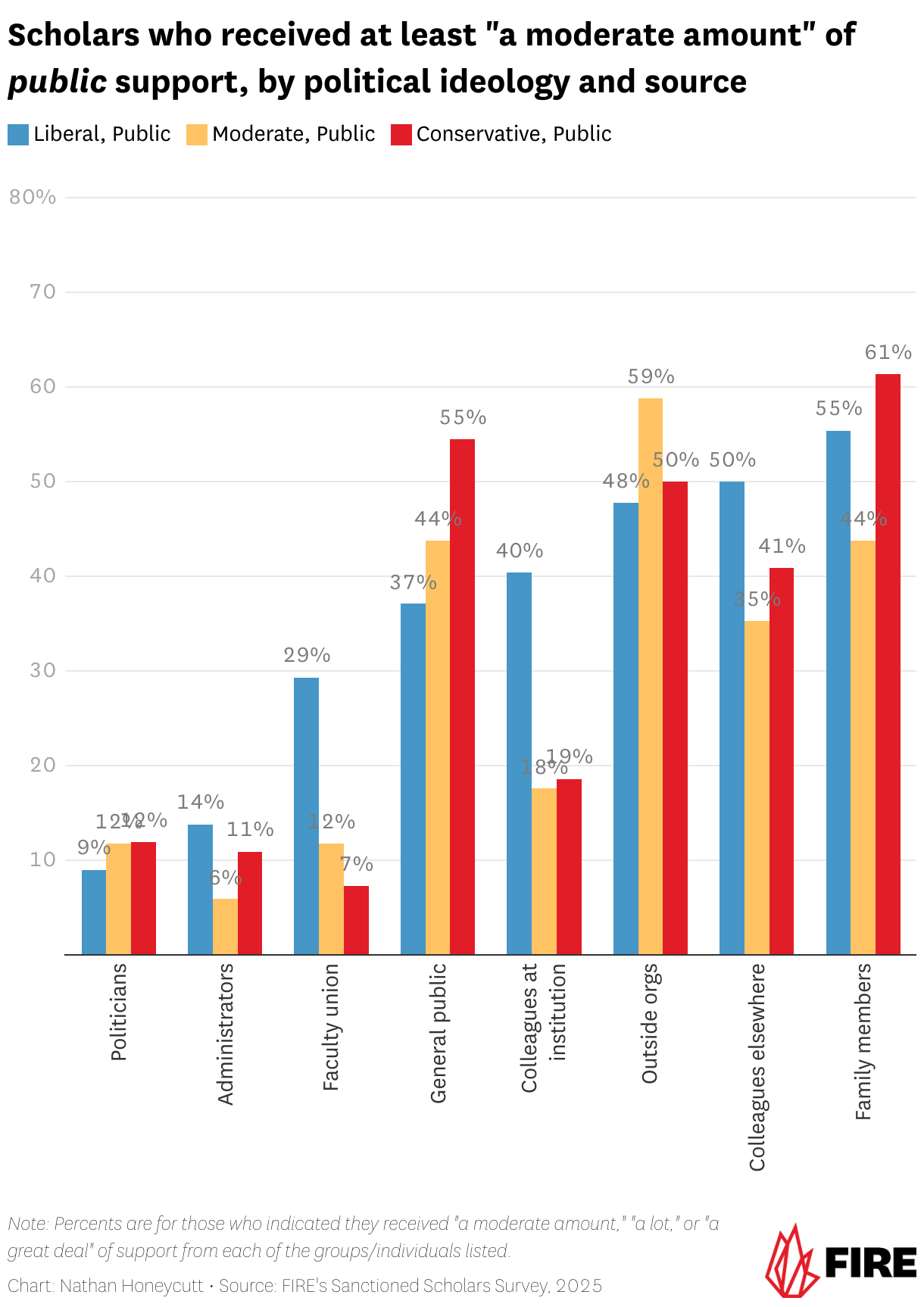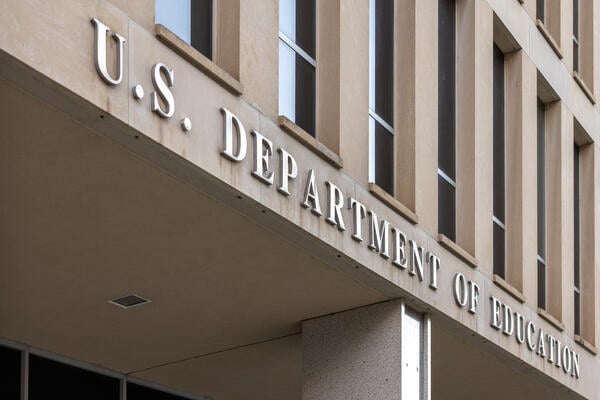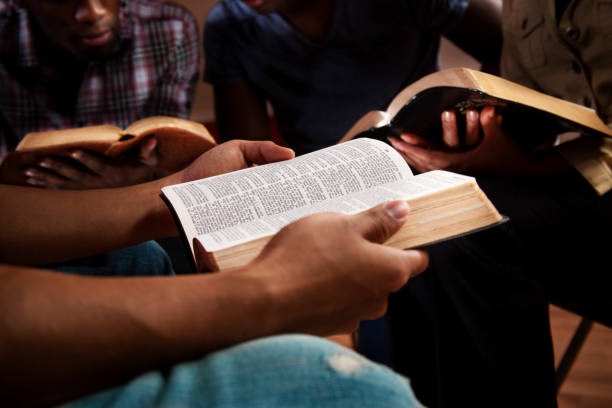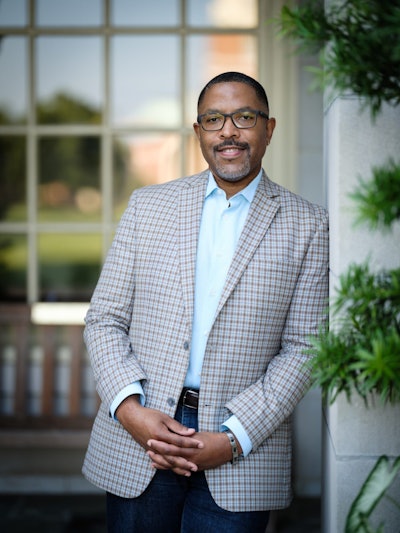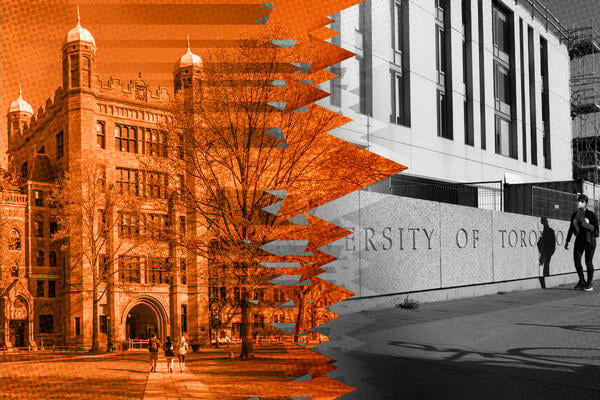International scholars represent a vital economic force in the United States, contributing an estimated $42.9 billion to the economy and supporting more than 355,000 jobs during the 2024–25 academic year. But navigating the U.S. immigration system as an international student or postdoctoral researcher can be a long and complex journey.
While everyone is subject to their individual situations, for many, the process begins with an F-1 student visa, which they hold as they complete a Ph.D. over five to six years. After graduation, they may choose to transition to Optional Practical Training (OPT), which provides a year of work authorization, with a two-year extension for STEM graduates. Some may then transition to a H-1B temporary work visa, which provides for three years of work authorization and is renewable for another three years.
Depending on their visa journey, after this period of potentially 10 to 15 years on a temporary visa, a scholar who decides they would like to seek permanent residency would have several pathways available to them. The EB-1A (extraordinary ability) category allows for self-petitioning without an employer. It’s often the fastest route if one meets the strict qualifications.
EB-1B is for outstanding professors or researchers and requires employer sponsorship. EB-2, another common path, is for individuals with advanced degrees such as Ph.D. holders; it often requires employment sponsorship and a labor certification (a process that certifies that the job offer will not adversely impact U.S. workers), unless one qualifies for a National Interest Waiver, which waives the job offer and labor certification requirement and allows for self-petitioning. Unfortunately, the green card timeline is also heavily influenced by one’s country of birth due to annual per-country limits.
As universities recognize the critical importance of international students and scholars to their academic communities and the broader economy, innovative programs have emerged to address the unique challenges faced by this population. Below, we highlight some commendable strategies implemented by leading universities to support international students beyond traditional academic services.
Career Development and Professional Preparedness
Universities can collaborate with private organizations like Beyond the Professoriate, which offers a PhD Career Conference addressing critical career-related topics. These career-focused initiatives are particularly valuable because they address the reality that many international students and scholars will pursue careers outside academia, yet traditional graduate programs often provide limited exposure to industry pathways.
Complementing these efforts, universities can implement career-readiness workshops tailored specifically for international scholars to address their unique professional development needs. The effectiveness of such programs lies in their practical approach to addressing real-world concerns such as navigating visa restrictions or OPT applications and securing employment that supports immigration status.
We recommend that institutions thoughtfully include entities that hire international students in their programming and create events that specifically connect employers and international scholars. Institutions should also help scholars explore job opportunities beyond the United States.
Mentorship Networks and Alumni Connections
Mentorship programs represent another cornerstone of effective international student support. Programs like the Graduate Alum Mentoring Program, Terrapins Connect, Alumni Mentoring Program and Conference Mentor Program serve as exemplary models. Successful programs take a systematic approach to matching mentors and mentees based on shared interests, career goals and often similar international backgrounds, creating authentic relationships that provide comprehensive support for scholars’ academic journeys and beyond. For international students and scholars unfamiliar with cultural norms around American professional networking, having a guide with a shared background transforms potentially overwhelming experiences into valuable opportunities for professional development.
Community Building and Recognition
Universities that successfully support international populations prioritize creating multiple touch points for community engagement and mutual support, from informal networking events to structured support groups that address specific challenges. Community engagement is critical to minimizing isolation and allows scholars to draw on support from a variety of sources. These touch points can include accessible initiatives such as Friendship Fridays, International Coffee Hour, the Global Peer-to-Peer Mentoring Program, International Student Support Circle, VISAS Cafe and International Friends Club.
Another strategy is systematically highlighting the accomplishments of international students, scholars and faculty, and staff members at the university level. Recognition programs can include features in university publications, special awards ceremonies, spotlight presentations, fellowships and social media campaigns showcasing international student achievements. These initiatives celebrate contributions, demonstrate the value of international diversity and provide positive role models while combating negative stereotypes.
Peer Support
Since they first emerged in the early 1900s, international student associations have been central to their members’ identity formation and have long enriched U.S. campuses and social life. In these challenging times, such organizations can help their members find the support they need. National organizations such the Graduate Students Association of Ghanaian Students in the USA (GRASAG-USA) or the North American Association of Indian Students (NAAIS), as well as local chapters of groups like the Indian Students Association, continue to be effective social and emotional support resources for international students.
Providing Support in Navigating Immigration Policy Changes
Given the lengthy and often uncertain nature of immigration processes, U.S. institutions play a vital role in offering both practical support and emotional reassurance to their international members. Some institutions offer free legal consultations with external immigration attorneys. Institutions may choose to provide internal immigration advice in addition to external consultations.
Institutions may also support foreign nationals by providing information through a weekly newsletter as well as offering up-to-date guidance on policies and policy changes in an easily understandable format. Institutions without these forms of support may choose to refer scholars to national organizations that collate policy analysis and resources.
Furthermore, universities can offer programs spotlighting lesser-known immigration options, such as the O-1 visa for individuals with extraordinary ability.
By providing clear information, legal support and proactive communication, institutions and organizations can alleviate much of the stress international scholars face.
The most effective approaches involve integrated systems that combine multiple strategies rather than relying on single interventions. Successful universities create comprehensive ecosystems addressing career development, mentorship, community building and recognition as interconnected elements of student success. When institutions act not just as employers or educators, but as advocates, they empower the international talent they have invested in and ensure that global knowledge continues to thrive.
The authors acknowledge Sonali Majumdar and Bénédicte Gnangnon for their valuable contributions toward this article.

